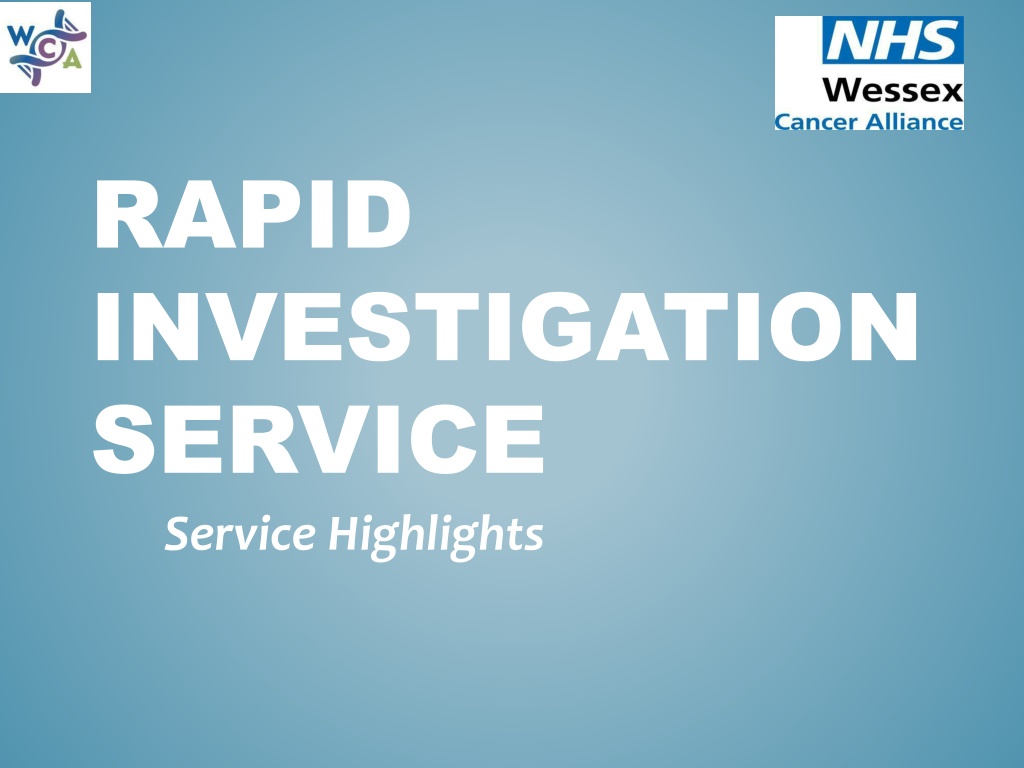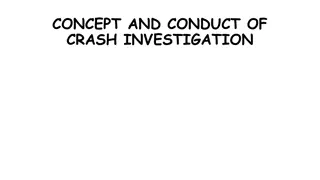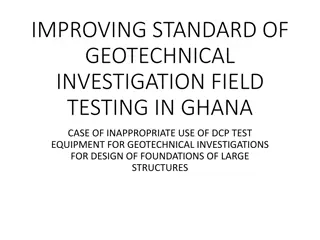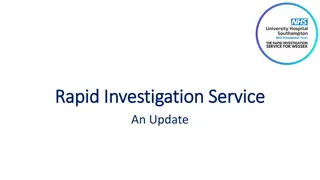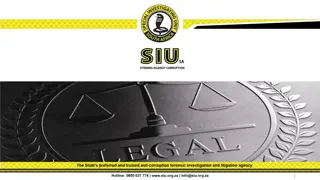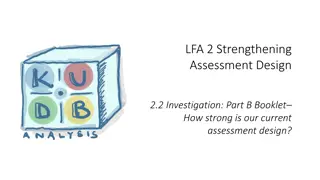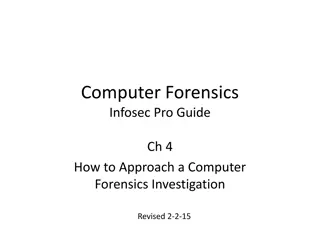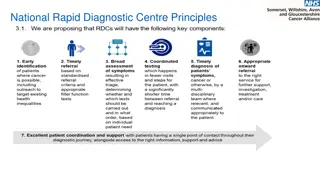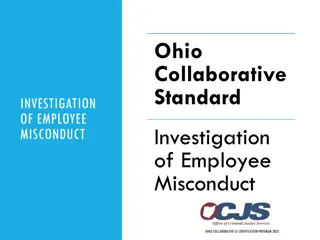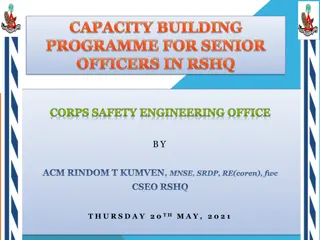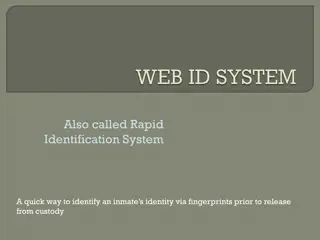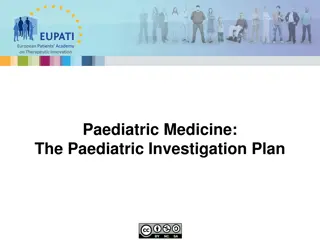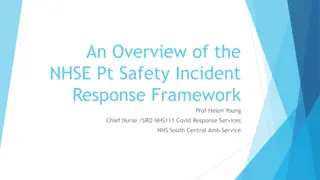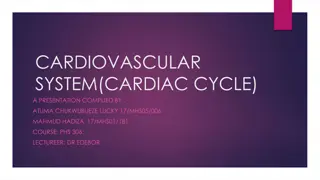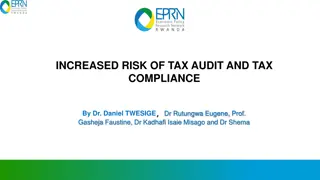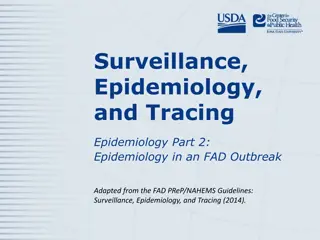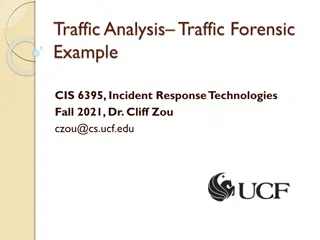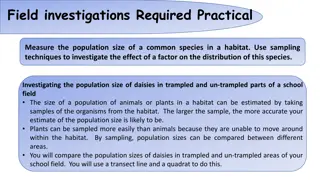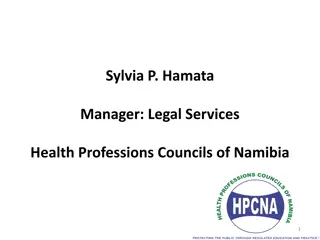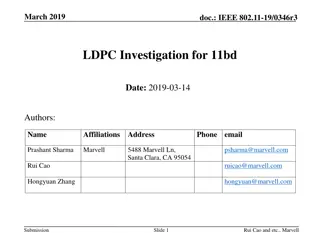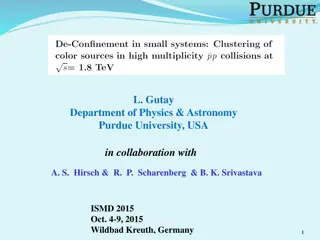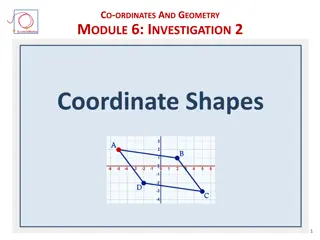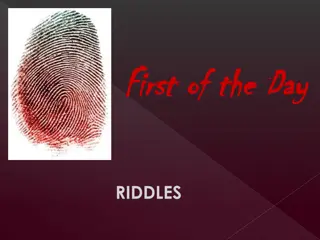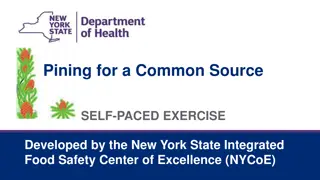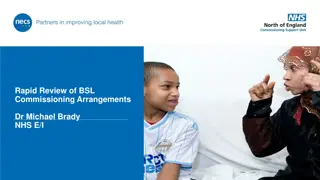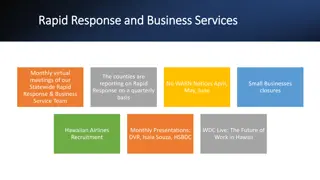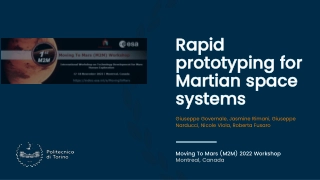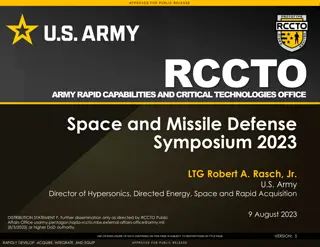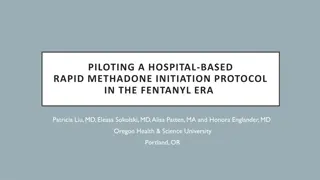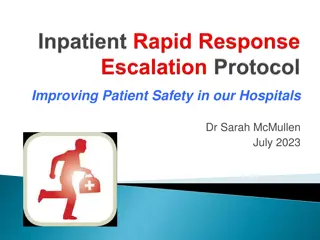Rapid Investigation Service Overview
The Wessex RIS is a new cancer referral pathway aimed at patients with concerning non-specific symptoms. Working in partnership with acute trusts in Wessex, the service provides timely investigations to exclude cancer in such patients. Established as part of the National Rapid Diagnostic Centre project, the Wessex Cancer Alliance has specified a Wessex-wide RIS to expedite investigations for potential cancer cases. Referral criteria, process, and mandatory filter tests ensure appropriate patient pathways, with inappropriate referrals returned for correction. The service aims to provide faster investigations to patients with non-specific symptoms indicating possible cancer, following the 7 RDC principles.
Download Presentation

Please find below an Image/Link to download the presentation.
The content on the website is provided AS IS for your information and personal use only. It may not be sold, licensed, or shared on other websites without obtaining consent from the author. Download presentation by click this link. If you encounter any issues during the download, it is possible that the publisher has removed the file from their server.
E N D
Presentation Transcript
RAPID INVESTIGATION SERVICE Service Highlights
PRESENTATION CONTENTS Overview: Rapid Investigation Service Overview Referral Criteria & Process: Roles and responsibilities: Rapid Investigation Service contact points: Diagnosis and Onward referrals Discharge
OVERVIEW: RAPID INVESTIGATION SERVICE The Wessex RIS is a new cancer referral pathway for patients in whom there is concern about cancer, but who do not fit other site-specific NG12 (fast track) referral criteria. The RIS is works in partnership with acute trusts in Wessex to provide timely access to appropriate investigations to exclude cancer in patients with concerning non-specific symptoms. These investigations will take place in a trust local to the patient. The National Rapid Diagnostic Centre (RDC) project has specified that all Cancer Alliances must establish a Rapid Diagnostic Centre(s) by 2020. Wessex Cancer Alliance has developed a specification for a single Wessex-wide Rapid Investigation Service (RIS) initially providing faster investigation for patients presenting with non- specific symptoms that may indicate cancer. 7 RDC Principles
REFERRAL CRITERIA & PROCESS Referral Criteria: The referring GP should assess the patient face to face to ascertain that the referral criteria is met. The RIS Clinicians are always happy to discuss a case with a GP ahead of referral if there are any questions.
REFERRAL CRITERIA & PROCESS All the mandatory filter tests must be requested and reported prior to referral. The tests are have been carefully considered to ensure the non-specific pathway is the correct referral route for the patient to avoid any unnecessary delay. Incomplete filter tests and inappropriate referrals will be returned to the practice to complete all missing tests or offering advice regarding the correct referral route. Patients are notified of the return so they are able to contact the Practice to follow up. The non-specific symptoms pathway is different to the CUP pathway. Timeframe - Within 3 Months of referral 2 Months of referral 2 Months of referral 2 Months of referral 2 Months of referral 2 Months of referral REQUIRED TESTS Physical examination URINALYSIS FBC ESR CRP RENAL PROFILE (U&E s) 2 Months of referral LIVER FUNCTION (LFT s) 2 Months of referral THYROID FUNCTION (TFT s) 2 Months of referral HbA1c or fasting glucose 2 Months of referral 2 Months of referral 3 Months of referral 2 Months of referral BONE PROFILE PSA OR CA125 FIT Faecal elastase - if Hba1c raised. 3 Months of referral CXR - Desirable
REFERRALS TO RIS THAT ARE INAPPROPRIATE FOR THE SERVICE 2WW CUP referrals - Patients who have had a diagnostic test(s) that demonstrate metastatic disease . 2WW IDA referrals- Unexplained Iron Deficiency should be referred directly or considered as per NG12 guidance to Colorectal Referral with positive FIT test to be referred 2WW Colorectal Referrals where full Diagnostic screening has already been completed and cancer excluded. Referral with positive FIT test to be referred 2WW Colorectal Patients who has previously been investigated under a different speciality and do not display different symptoms . Initial consideration should be given to refer back to the original specialty
REFERRAL CRITERIA & PROCESS Referrals must be submitted through the Electronic referral system. To locate us: Fast Track 2WW Non-specific symptoms wessex rapid investigation service location Aldermoor surgery The hub team will be happy to guide you if you are having any difficulties in identifying the correct service. Referral Administration The referral will not be received by the RIS and completed until a booked date/time slots has been confirmed. There should always be slot availability. Please contact the Hub immediately if there are no available slots as there may be a system error The booked slot is a Dummy slot. The patient must not be advised of this date and time or instructed to booked the slot themselves. The RIS clinical team need to assess the referral for completeness and appropriateness. This will usually be within 2 working days. Practices will be informed via NHS.net of any actions they need to complete prior to referring the patient. We are a completely virtual service. Patients must not be advised to attend for a physical appointment. There is no guarantee that a clinician will be available if this occurs.
REFERRAL CRITERIA & PROCESS Primary care must clearly communicate to the patient that: They are being referred/ investigated for suspected cancer. Explain what to expect from the referral/ investigation. Make reasonable adjustments - consider written information. Inform that most people referred urgently will not have cancer.
RAPID INVESTIGATION SERVICE CONTACT POINTS The Rapid Investigation Service will make contact with the referring practice at a number of stages throughout the patients journey. Accepted referrals post clerking with booked date of diagnostic tests Any additional tests needing completing via GP request All retuned referrals Any onward referral letters At Discharge
DIAGNOSIS AND ONWARD REFERRALS 2WW Referrals Patients with a confirmed or likely confirmed cancer will be referred directly on to the specialist team at the patient s local providing Trust for onward management. RIS will keep sight of the patient until such time onward care has commenced. Urgent Non-Cancer Referrals RIS will directly refer to specialty team patients who have been identified with anything that is deemed urgent. (examples pericardial effusion, aortic aneurysm etc). Routine Referrals For any non-urgent findings the RIS will recommend for the GP to refer on to the local specialty team.
DISCHARGE Every patient and practice will receive a Discharge Summary at the end of the RIS pathway. The summary will be sent to the surgery via their NHS.NET account. The summary may include actions for the GP to complete or ongoing advice as to onward management of the patient. An example of a patient Discharge summary
PATIENT FEEDBACK The RIS work with Wessex Voices and invites all patients to feedback. Feedback can be given through an array of platforms including, post, email, web and QRcode. All feedback is reviewed and service processes are actioned accordingly. The end of year feedback will be published: Wessex Voices Rapid Investigation Service Report - Welcome to Wessex Cancer Alliance PRIMARY CARE FEEDBACK RIS encourages any feedback/comments from our primary care colleagues. Feedback can be provided via our generic email: wessexrds.admin@nhs.net Your comments will be considered and included with the RIS end of year report.
ADDITIONAL INFO Patient Leaflet: https://wessexcanceralliance.nhs.uk/wessex-rapid-investigation-service-leaflet/ NHSE RDC Specification: https://www.england.nhs.uk/wp-content/uploads/2019/07/rdc-vision-and-1920- implementation-specification.pdf
